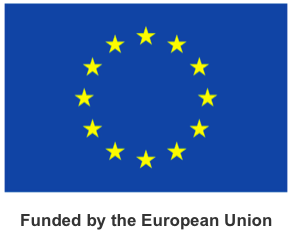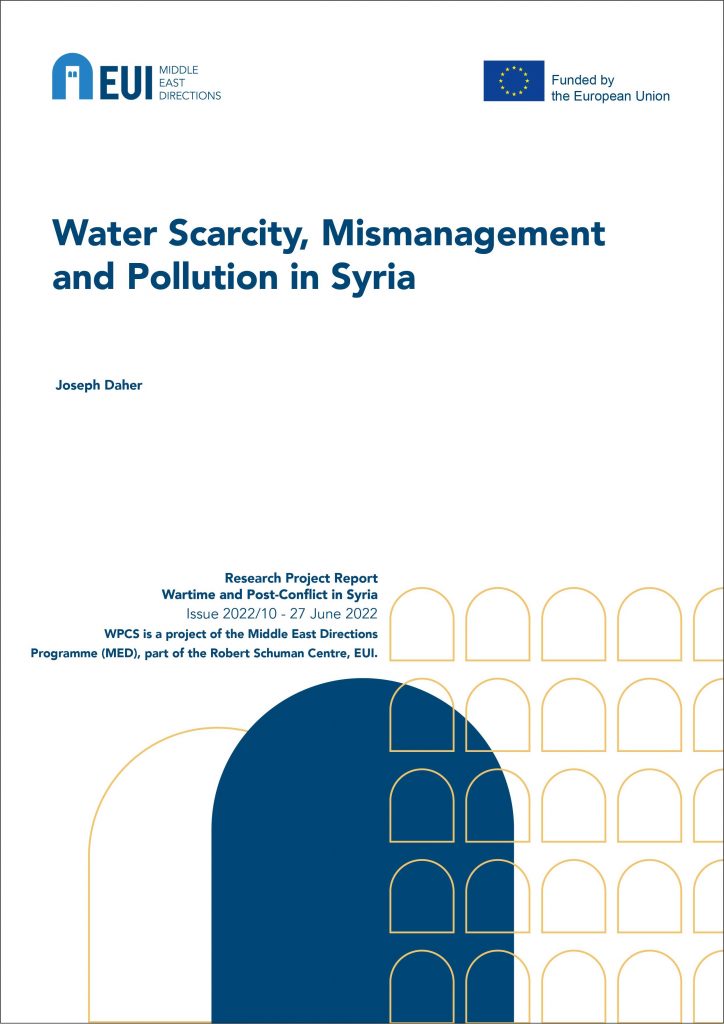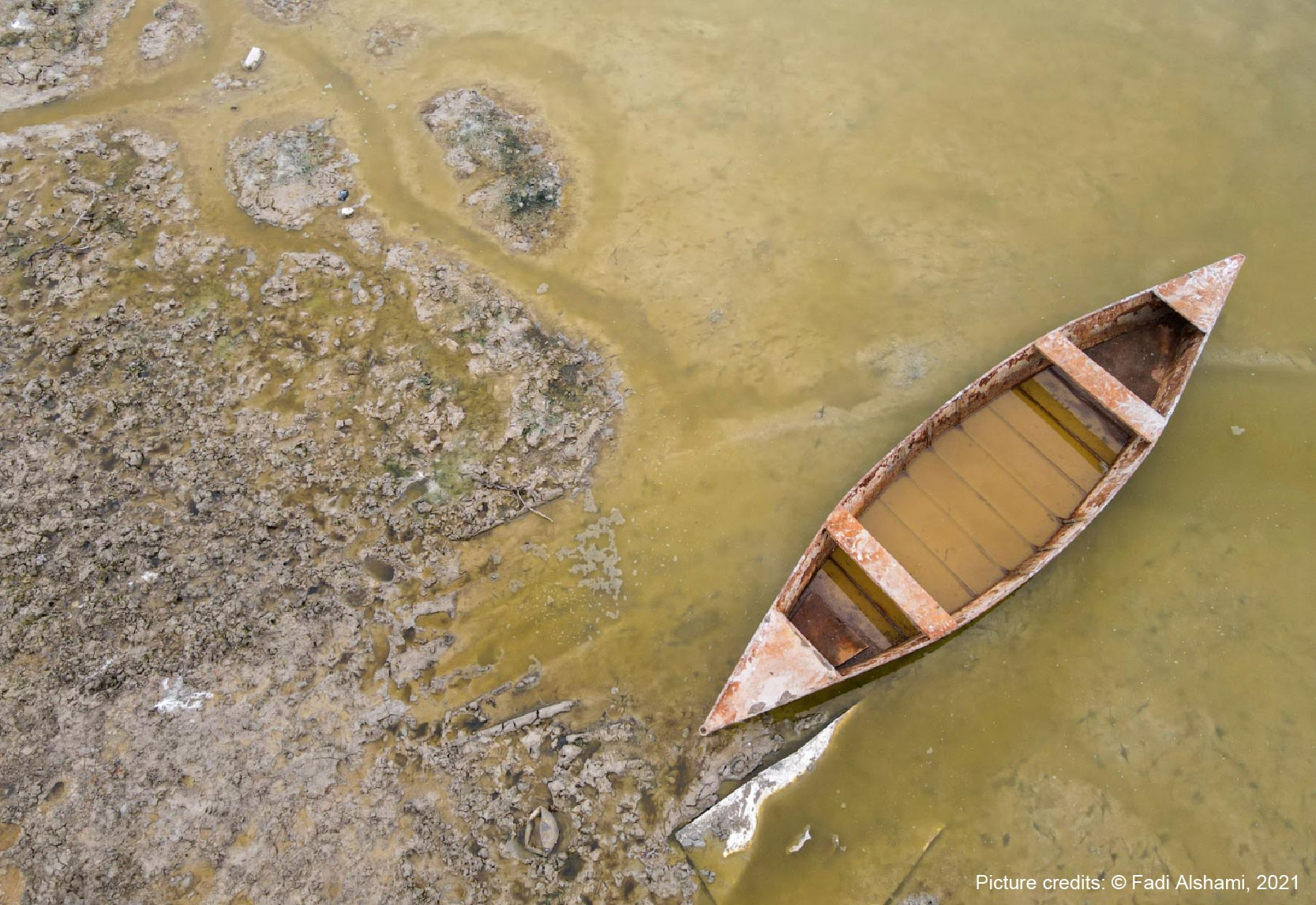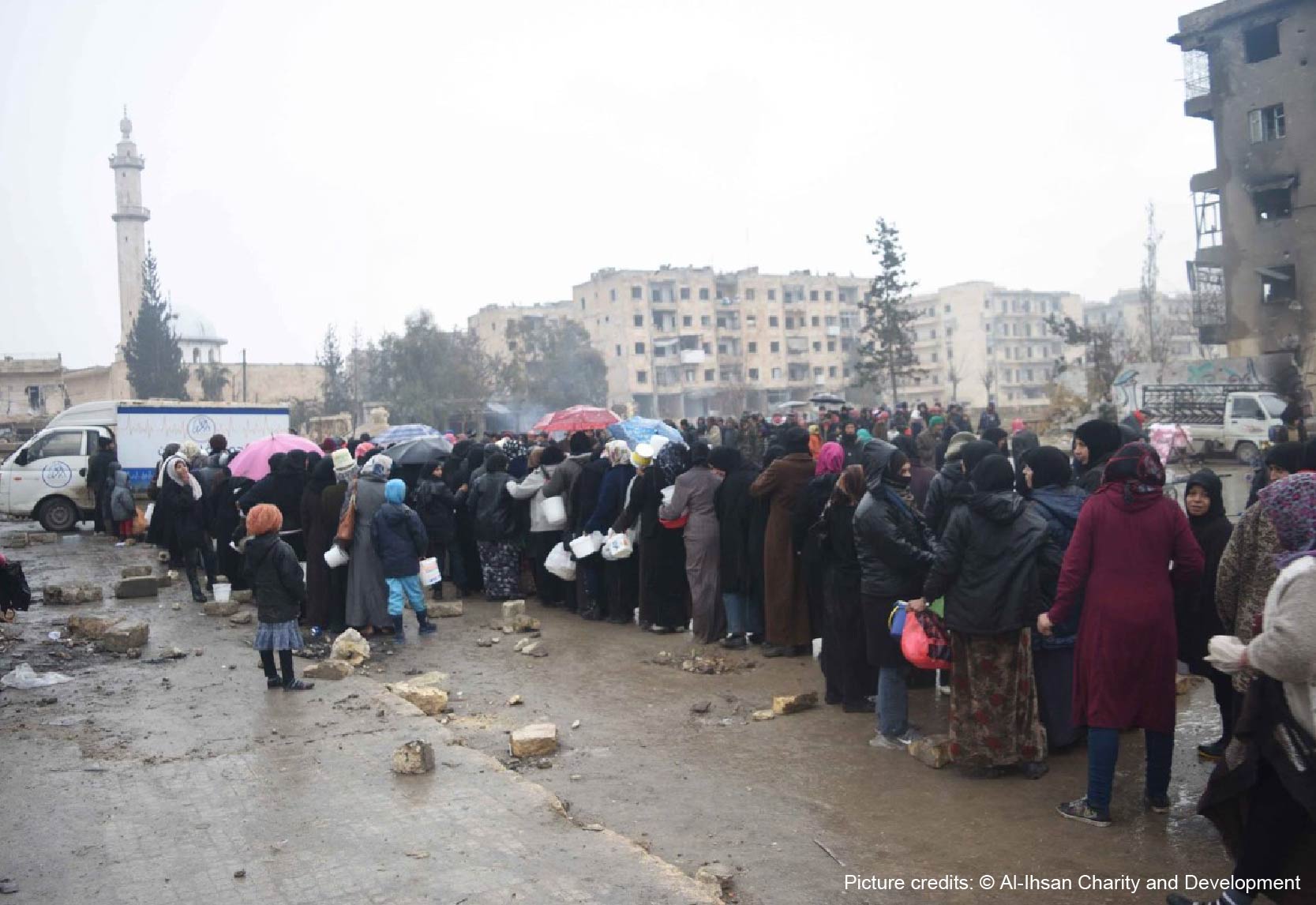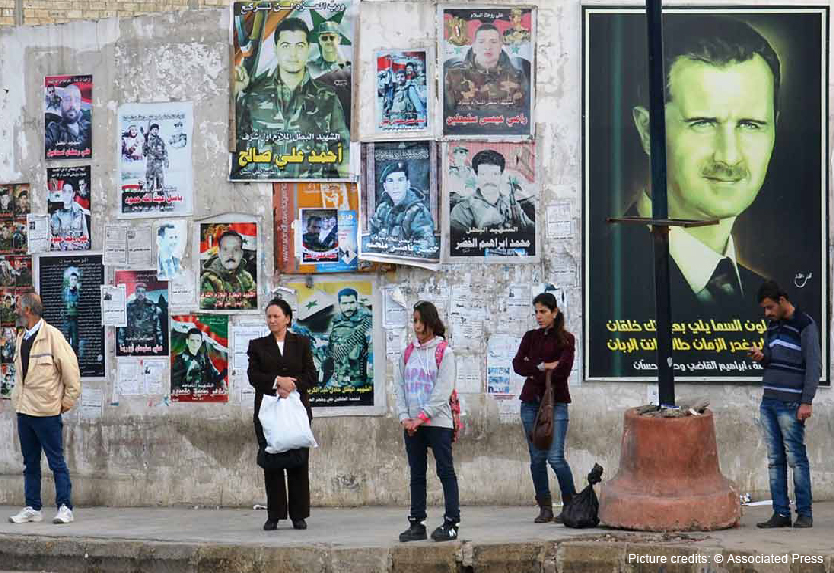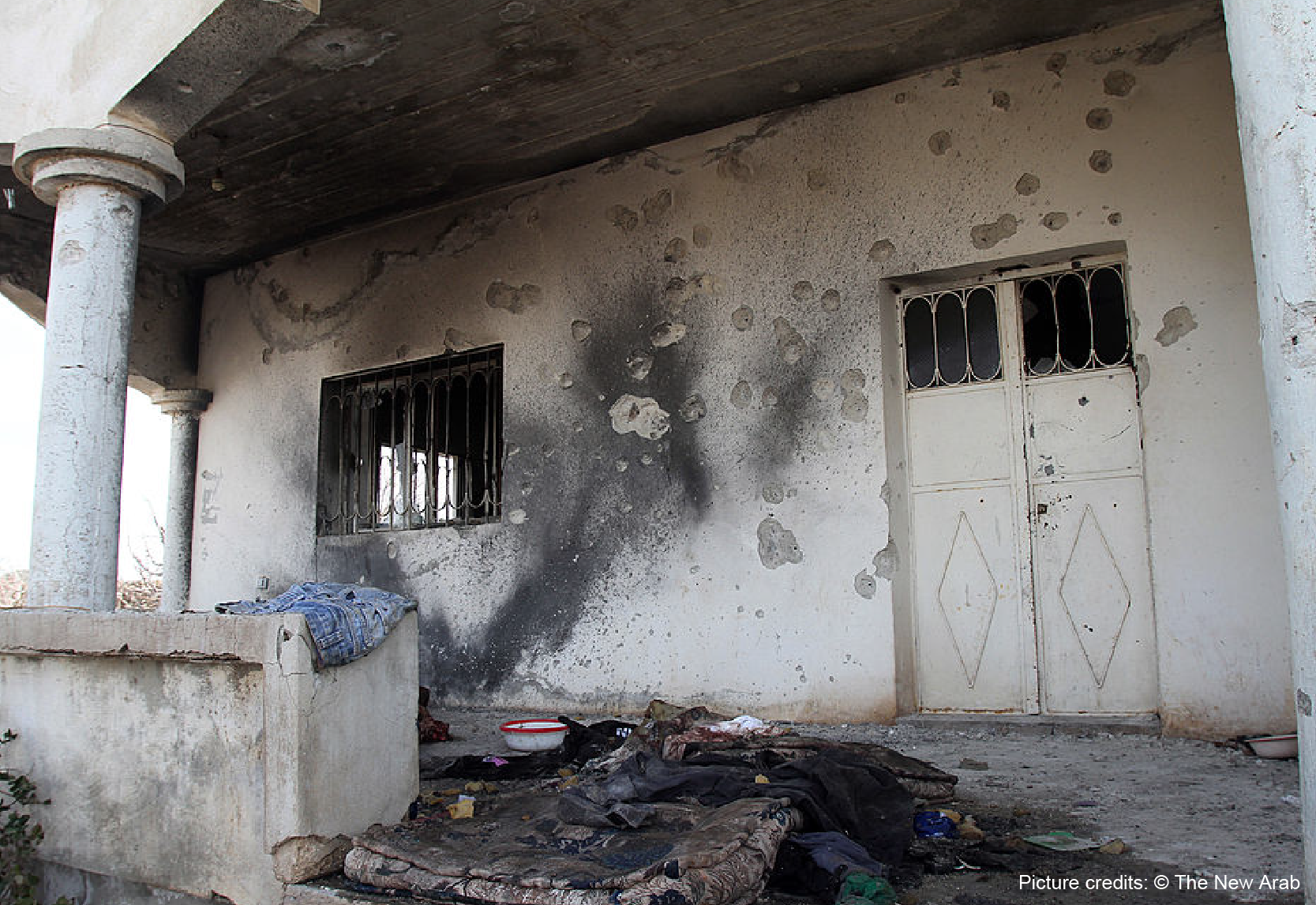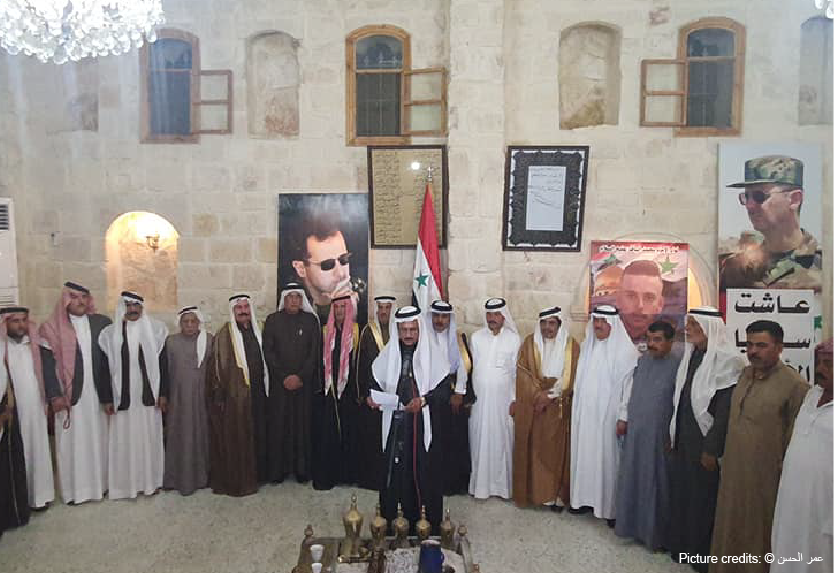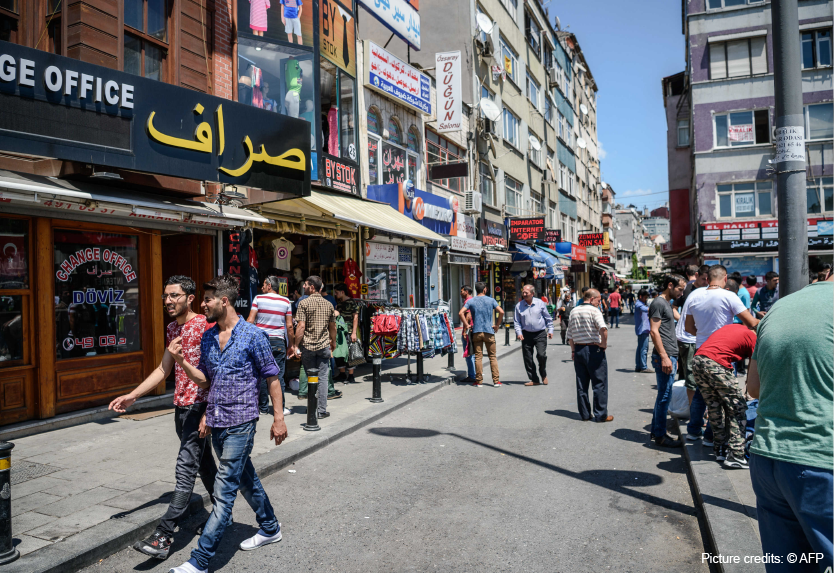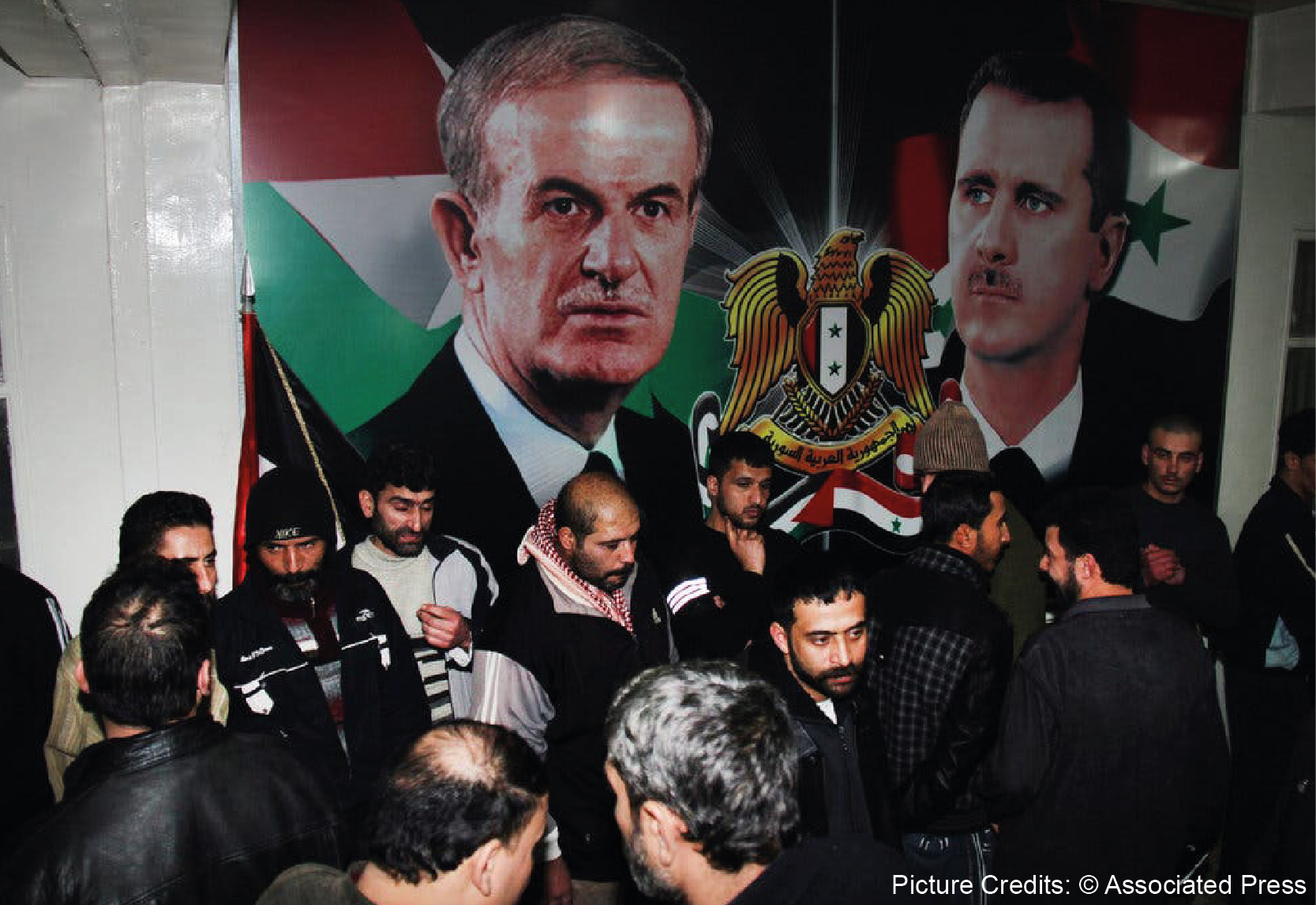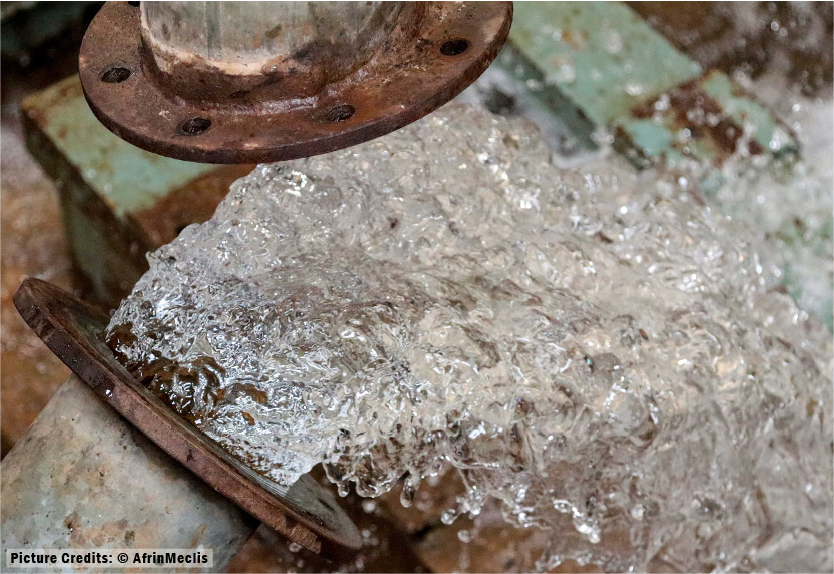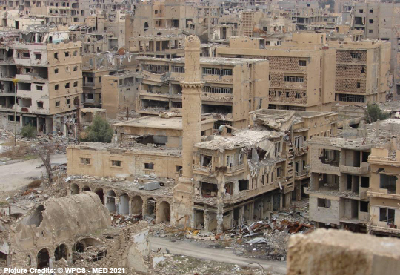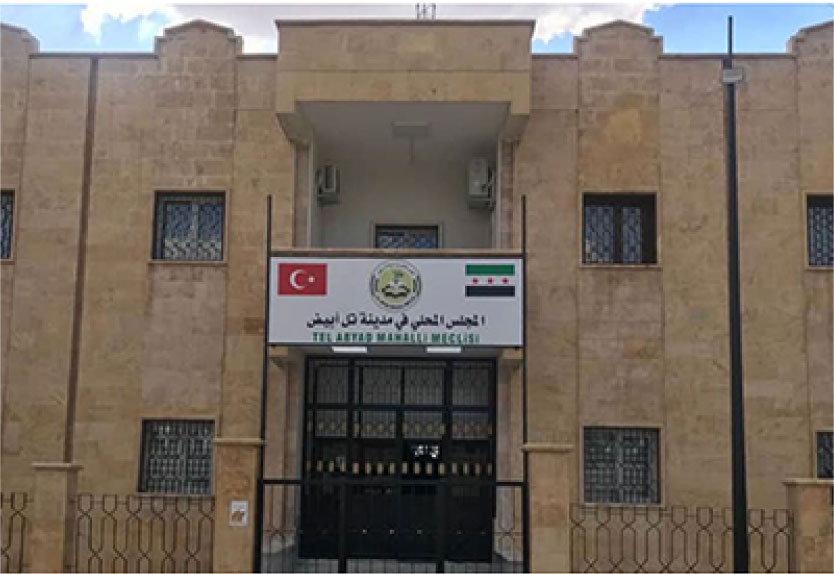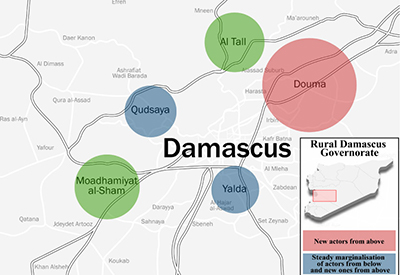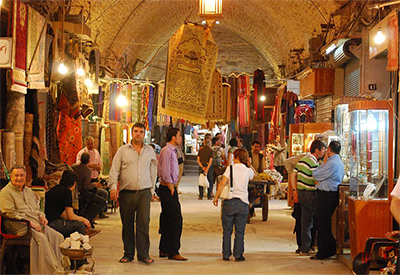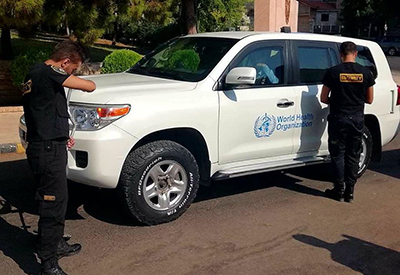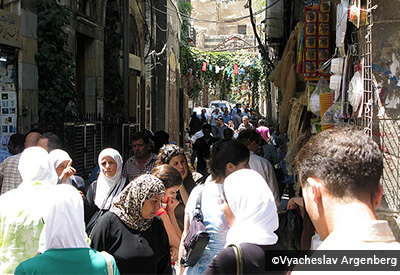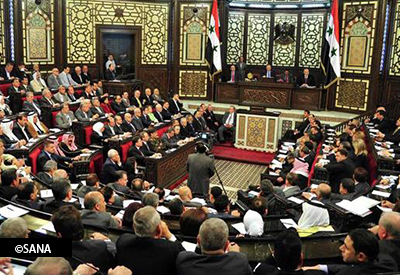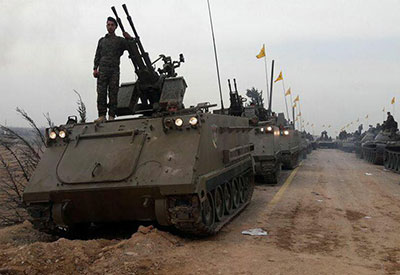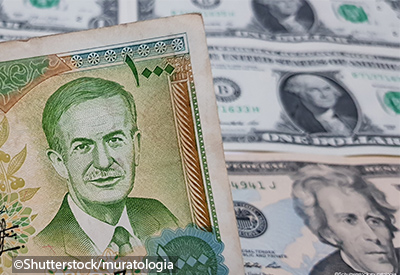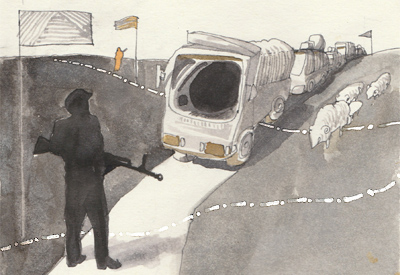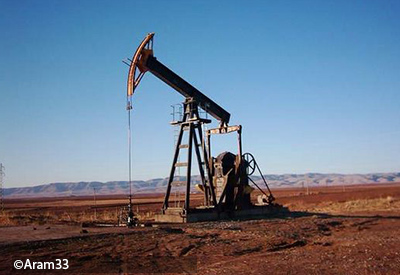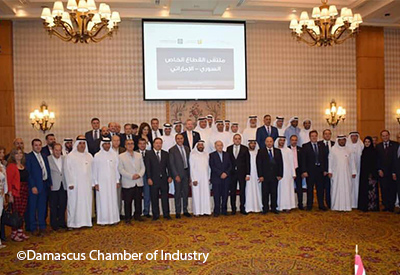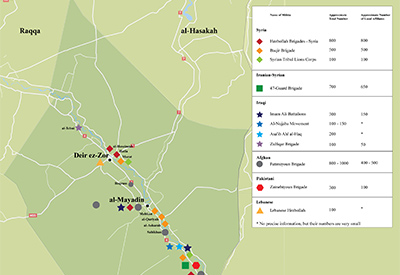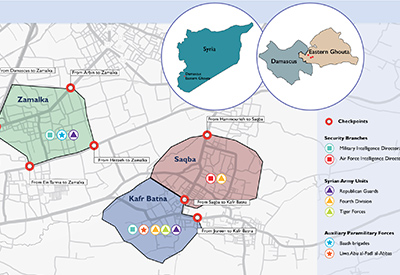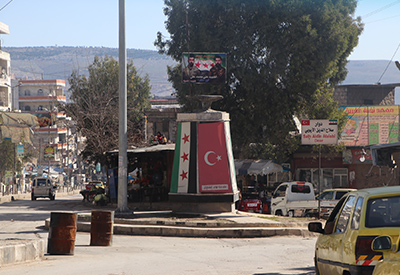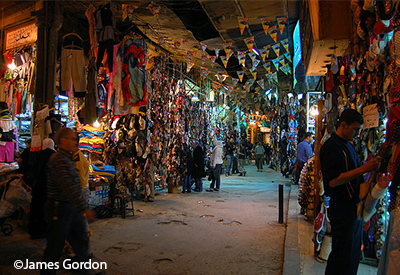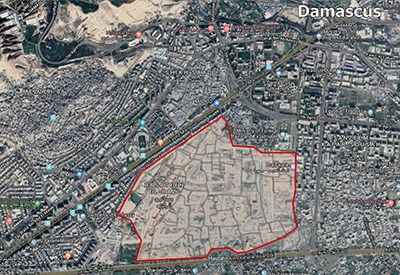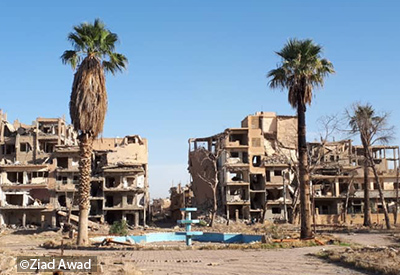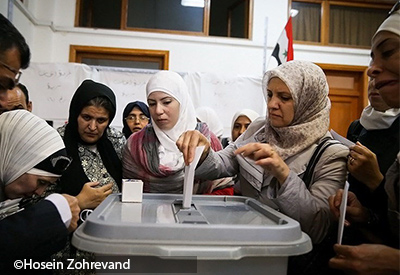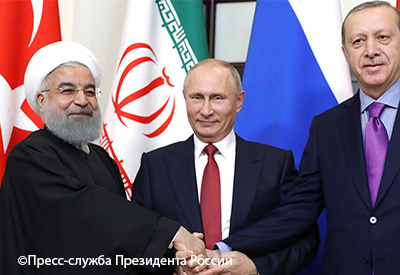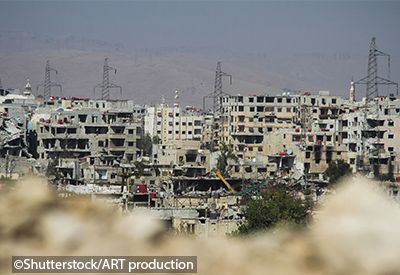The Wartime and Post-Conflict in Syria project (WPCS) provides operational and strategic analysis of prospects, challenges, trends and policy options in wartime and in preparation for post-conflict in Syria.
WPCS focuses on policy and response-relevant themes, to include: key actors and dynamics of local governance; the war economy and its impact on the future reconstruction of Syria; the fragmentation of the military and security landscape and options to re-shape security frameworks; and regional interventions and their impact on local socio-political dynamics.
WPCS will provide a nuanced understanding of the Syrian conflict’s dynamics and trends by conducting field-based research. It aims to stimulate new approaches and policy responses to the Syrian conflict through a regular dialogue between researchers, policymakers, donors, and practitioners. It also aims to build and empower a network of Syrian researchers that will contribute to research informing international policy and practice related to their country.
The WPCS webpage in Arabic is available here.
The Team
Agnes Favier, Project Director.
Management
Donato Di Bartolomeo, Project Manager
Valentina Gorgoni, Administrative Assistant
Ayoub Lahouioui, Project Associate
News
- New Publication WPCS | Water Scarcity, Mismanagement and Pollution in Syria | Joseph Daher
- Syria Initiative | Call for Expression of Interest for Research Collaborators
- New Publication WPCS | Non-Governmental Organisations in Aleppo: Under Regime Control and at its Service | Ziad Awad
- New Publication WPCS | Kinship Ties in Safe Areas During the Syrian Conflict: The Case of Tartous | Suleiman Haider
- New Publication WPCS | Smuggling between Syria and Lebanon, and from Syria to Jordan: The Evolution and Delegation of a Practice | Joseph Daher, Nizar Ahmad and Salwan Taha
WPCS Publications
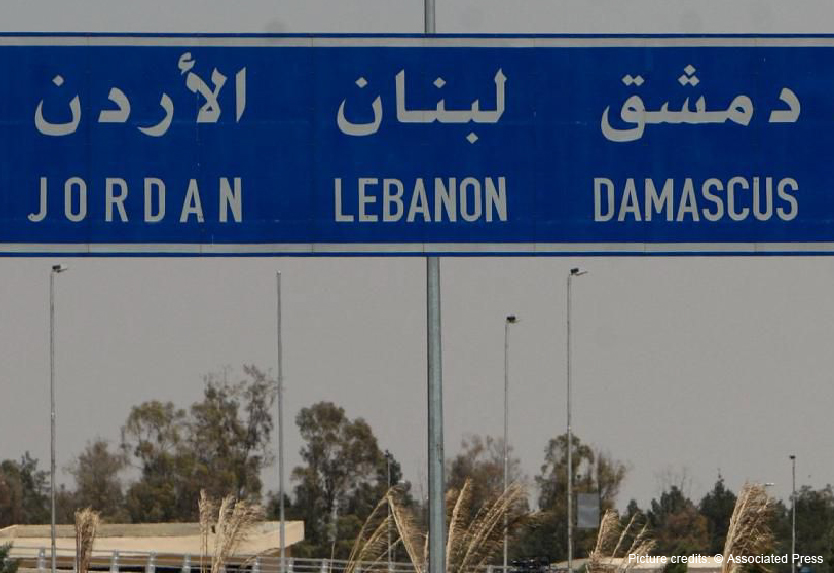
Smuggling between Syria and Lebanon, and from Syria to Jordan: The Evolution and Delegation of a Practice
Joseph Daher, Nizar Ahmad and Salwan Taha
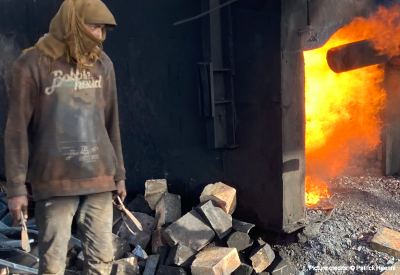
Coming Up Through the Cracks: The Islamic State’s Resurgence in Syria and Iraq
By Patrick Haenni and Arthur Quesnay
April 2022 Read it in English
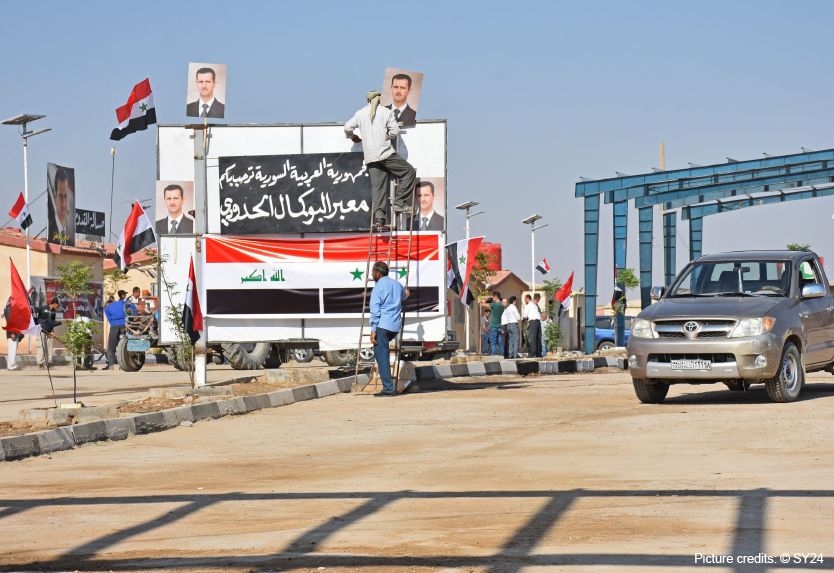
Competition, Collusion and Smuggling: Syria’s Borders with Turkey and Iraq
By Sinan Hatahet and Ayman Aldassouky
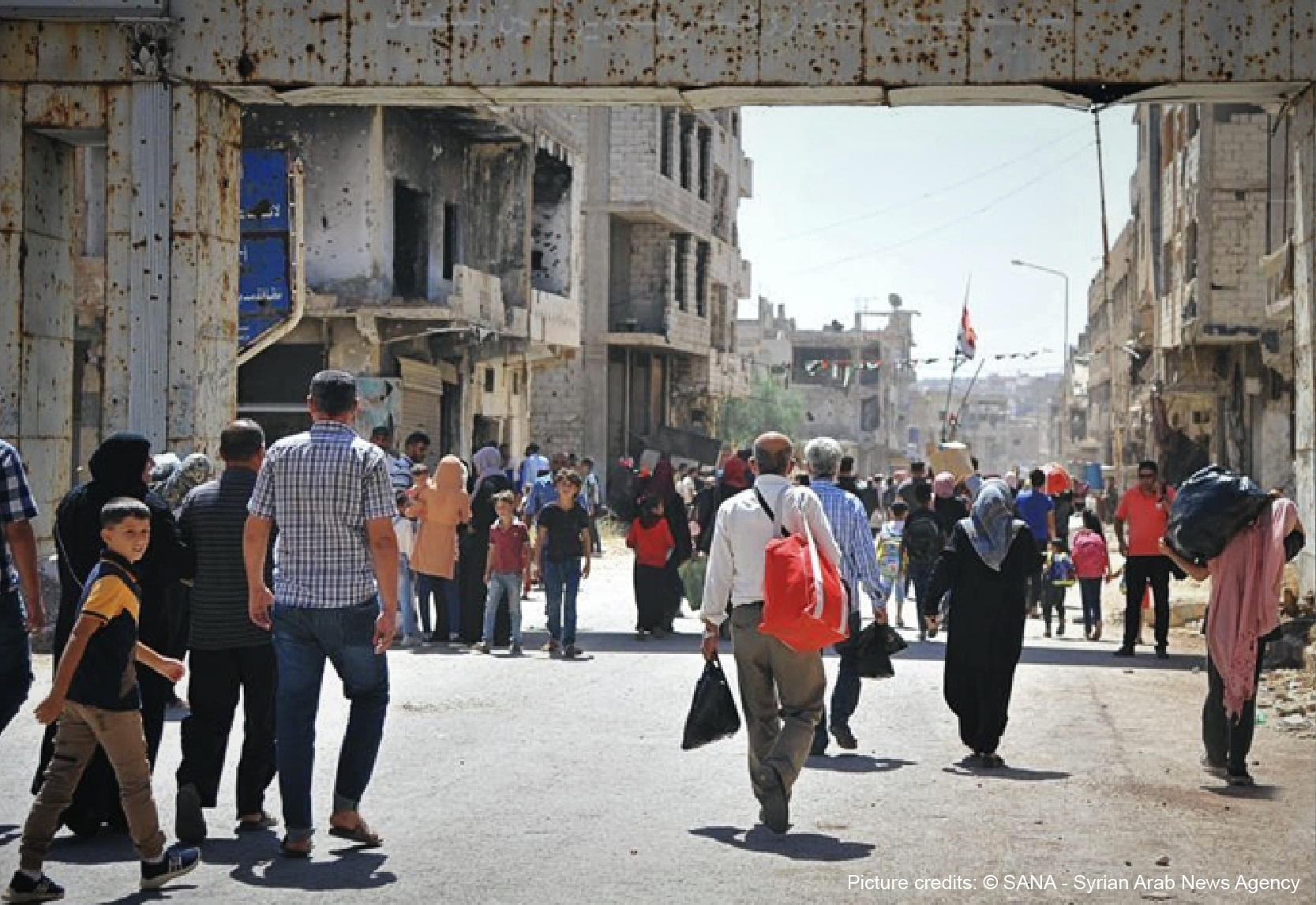
Migration from Post-War Southern Syria: Drivers, Routes, and Destinations
By Abdullah Al-Jabassini
January 2022 Read it in English
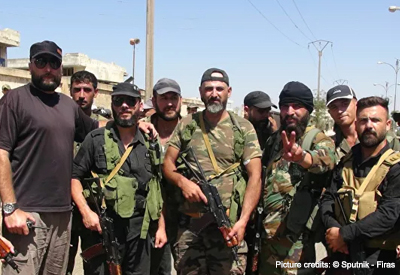
Dismantling Networks of Resistance and the Reconfiguration of Order in Southern Syria
By Abdullah Al-Jabassini
October 2021 Read it in English
The Families of Rastan and the Syrian Regime: Transformation and Continuity
By Ayman Aldassouky
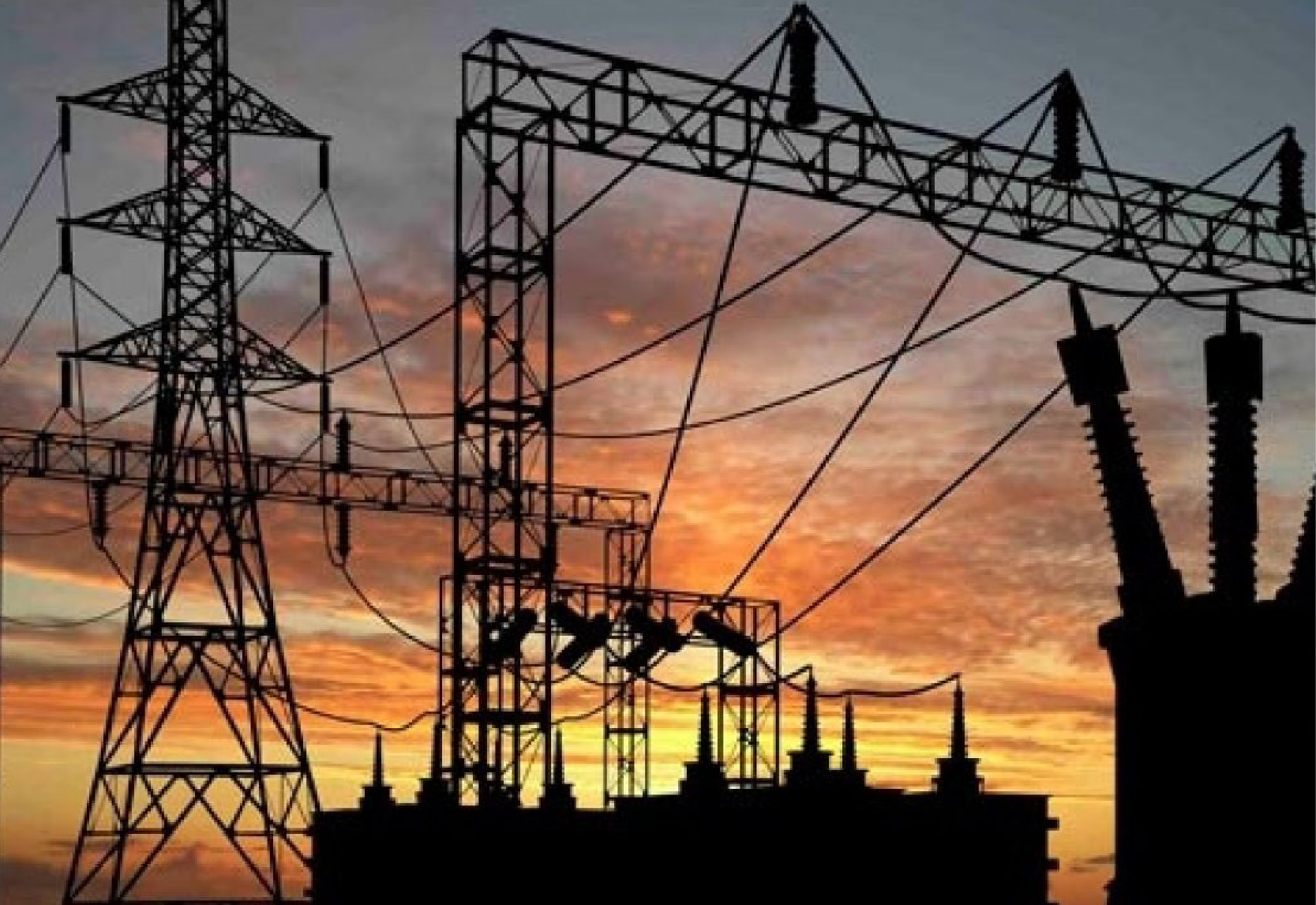
Syria’s Electricity Sector After a Decade of War: A Comprehensive Assessment
By Sinan Hatahet and Karam Shaar
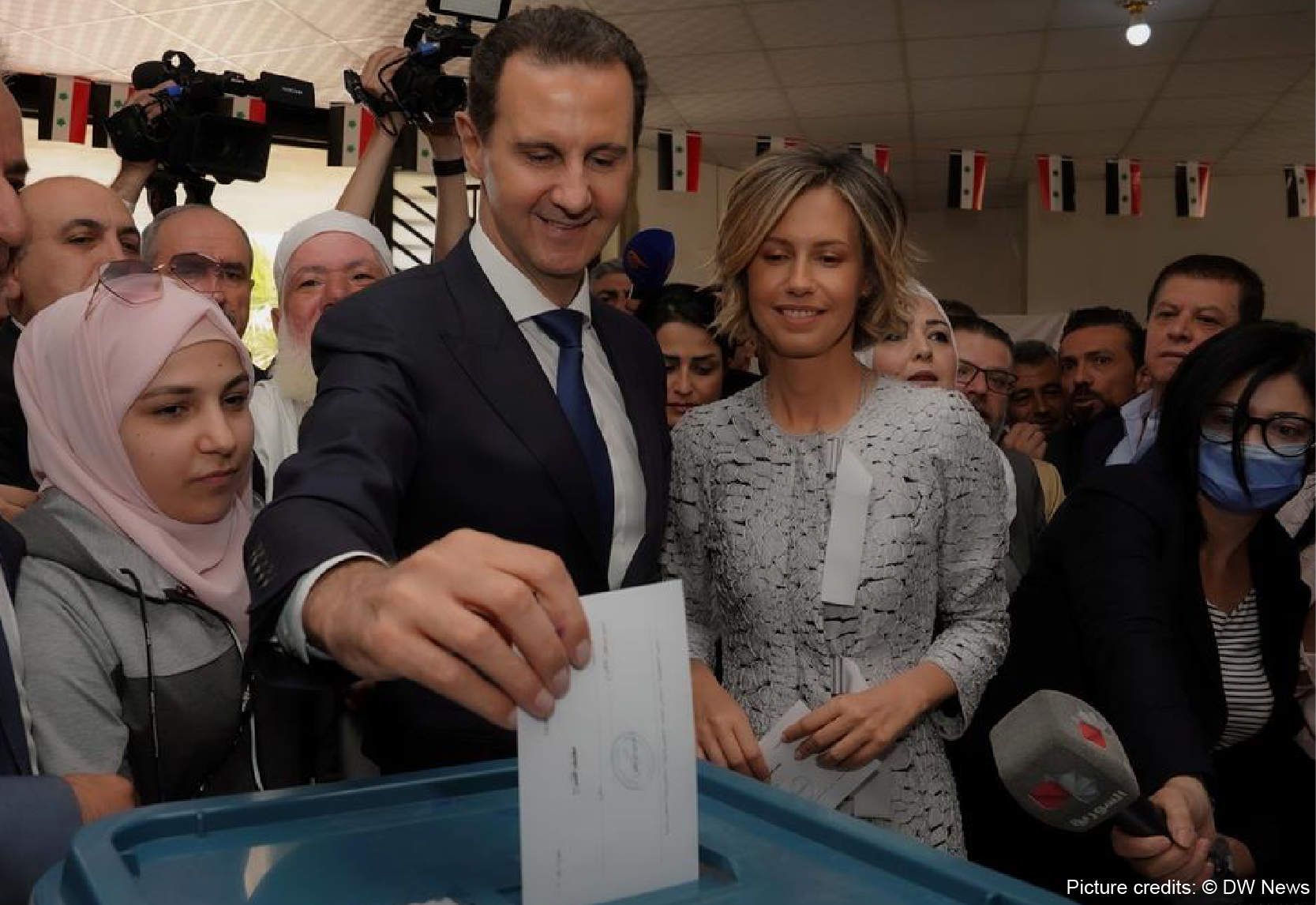
Networks, Mobilisation and Resistance in the 2021 Presidential Election in Syria
By the Wartime and Post-Conflict in Syria Project’s Team
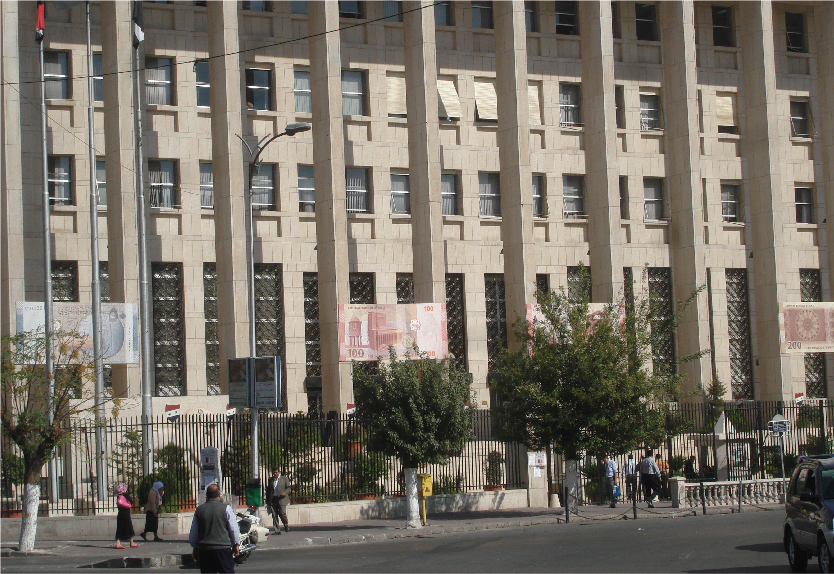
The Private Banking Sector in Syria: Between Survival and Opportunity
By Joseph Daher
May 2021 Read it in English
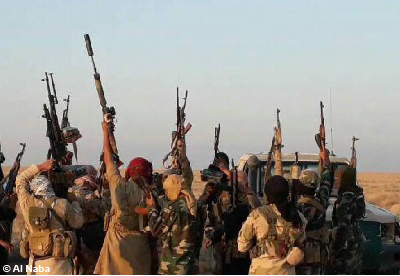
The Remnants of Islamic State in Syria: Military Action Alone Cannot Defeat It
By Georges Fahmi, Manhal Baresh and Rashed
al-Othman
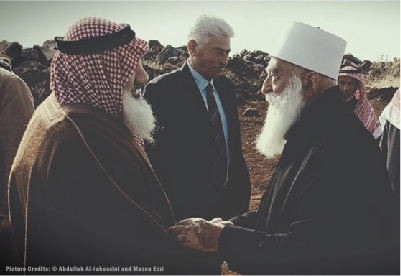
Tribal ‘Sulh’ and the Politics of Persuasion in Volatile Southern Syria
By Abdullah Al-Jabassini and Mazen Ezzi
March 2021 Read it in English
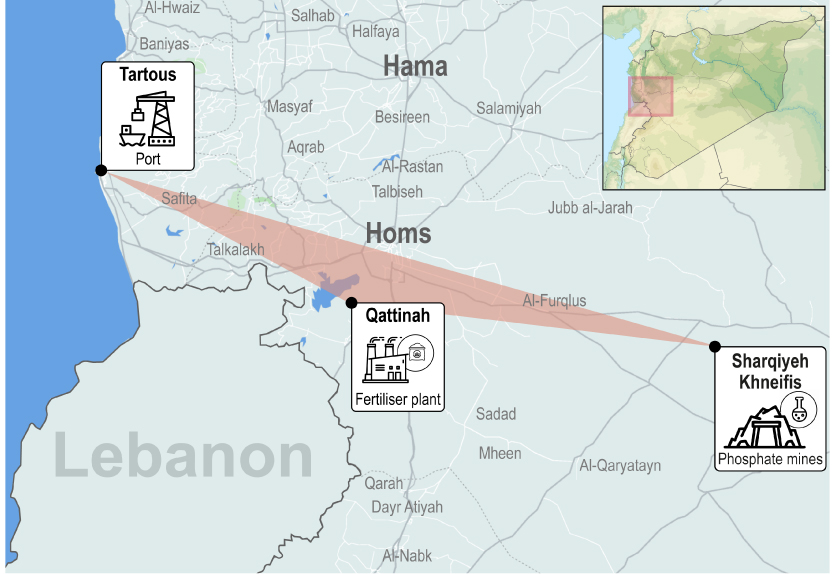
Russian Investment in Syrian Phosphate: Opportunities and Challenges
By Azzam al-Allaf and Salam Said
February 2021 Read it in English
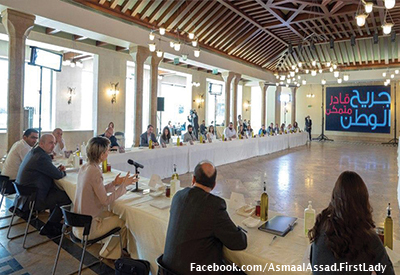
The Role of Philanthropy in the Syrian War: Regime-Sponsored NGOs and Armed Group Charities
By Ayman Aldassouky and Sinan Hatahet
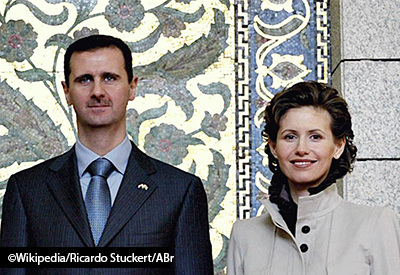
The Syrian Presidential Palace Strengthens its Concentration of Power: The Rift Makhlouf-Assad
By Joseph Daher
May 2020 Read it in English

The Baath Party, Local Notables and Coronavirus Community Response Initiatives in Southern Syria
By Abdullah Al-Jabassini
May 2020 Read it in English
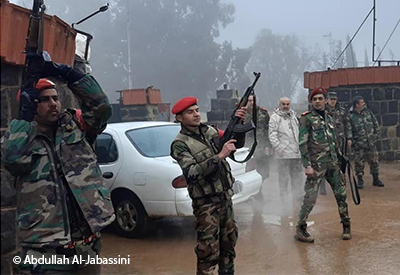
Festering Grievances and the Return to Arms in Southern Syria
By Abdullah Al-Jabassini
April 2020 Read it in English
Rebuilding the City of Aleppo: Do the Syrian Authorities Have a Plan?
By Myriam Ferrier
March 2020 Read it in English
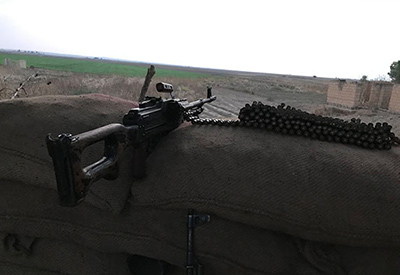
Surviving the Aftermath of Islamic State: The Syrian Kurdish Movement’s Resilience Strategy
By Patrick Haenni and Arthur Quesnay
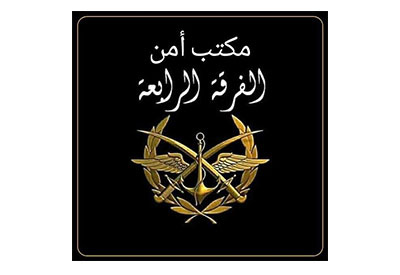
The Economic Networks of the Fourth Division During the Syrian Conflict
By Ayman Aldassouky
January 2020 Read it in English and Arabic
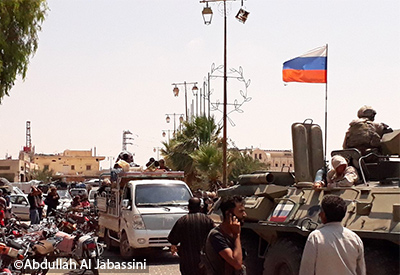
Governance in Daraa, Southern Syria: The Roles of Military and Civilians Intermediaries
By Abdullah Al-Jabassini
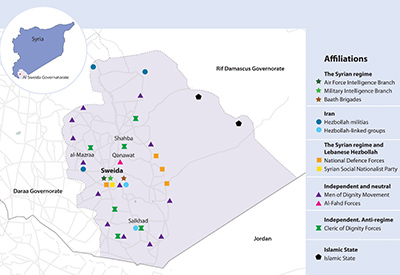
The Druze of Sweida: The Return of the Regime Hinges on Regional and Local Conflicts
By Mahmoud Al-Lababidi
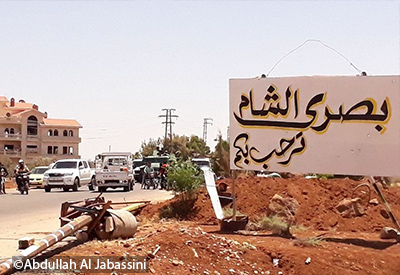
From Insurgents to Soldiers: The Fifth Assault Corps in Daraa, Southern Syria
By Abdullah Al-Jabassini
May 2019 Read it in English
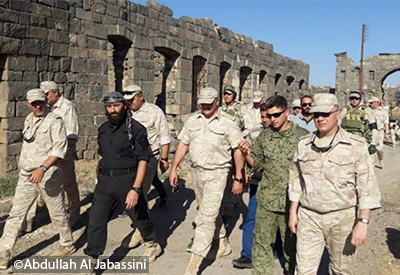
From Rebel Rule to a Post-Capitulation Era in Daraa Southern Syria: The Impacts and Outcomes of Rebel Behaviour during Negotiations
By Abdullah Al-Jabassini
January 2019 Read it in English
Blog Papers
Mazen Ezzi, Sweida Protests: The Start of a New Syrian Revolution?, June 16th, 2020 – English Arabic
Ninar al-Ra’i, Eastern Ghouta Suffers from the Covid-19 Burden, May 11th, 2020 – English, Arabic
Manhal Bareesh, Idlib: How to Support the Russian-Turkish Agreement and Implement a Lasting Truce? May 6th 2020 – Arabic
Mazen Ezzi, How Can the Tension between Daraa and Sweida Be Contained?, April 17th, 2020 – Arabic
Joseph Daher, “Before Corona, I Will Die of Hunger”: The Socio-Economic Impact of Covid-19 on the Syrian Population and New Challenges for the Regime, April 2nd, 2020 – English
Pieter Both, Understanding Syria’s Enduring Crisis, March 15th, 2021 – English, Arabic
Joseph Daher, The UAE and Damascus: The Normalisation of the Syrian Regime, November 15th, 2021 – English
Mehmet Emin Cengiz, The PYD-PKK Relationship Under Scrutiny, January 10th, 2022 – English
Joseph Daher, Expelled from the Support System: Austerity Deepens in Syria, February 15th 2022 – English
Joseph Daher, The Hellish Cycle Continues for Syria: The Economic Impacts of Russia’s Invasion of Ukraine, March 28th 2022 – English, Arabic
Sinan Hatahet, The Regional Geopolitical Implications of the Ukrainian Conflict for Syria, April 13th, 2022 – English, Arabic
Events
- The Syrian Conflict: Unpacking the stalemate, WPCS Final Conference, Florence, 22/06/2022, Full programme available HERE
- The Energy Crisis in Syria: Reasons and Outcomes, WPCS Webinar, Online, 12/10/2021, Full Event Available HERE.
- The Day After the Syrian Presidential Election, WPCS Webinar, Online, 03/06/2021
- Will the Biden administration change the US policy toward Syria?, WPCS -MEDirections Roundtable, Online, 27/01/2021
- MEDirections Annual Conference – WPCS | Rethinking the ‘State’ in Syria: Violence, Institutional Fragility and Economic Collapse, Online, 24-25 September 2020
- Shifting the Balance of Power in North-East Syria, WPCS – MEDirections Roundtable, Florence, 28/11/2019
- Syria: How are regional and international actors reshaping the Assad’s regime sovereignity?, WPCS – MEDirections Roundtable, Launch of the Wartime and Post-Conflict in Syria project, Florence, 03/04/2019.
What are the main objectives, methodology and research components of the WPCS project? Listen to the brief podcast with Joseph Daher and Abdullah al-Jabassini (recorded 29/11/2019). Listen to the Podcast
* Our publications are part of the Wartime and Post-Conflict in Syria project (WPCS) which is funded by the European Union and implemented in partnership with the Center for Operational Analysis and Research. Opinions expressed by either partner in the project are their sole responsibility. The contents reflect the views of individual authors and not those of the European Union.
